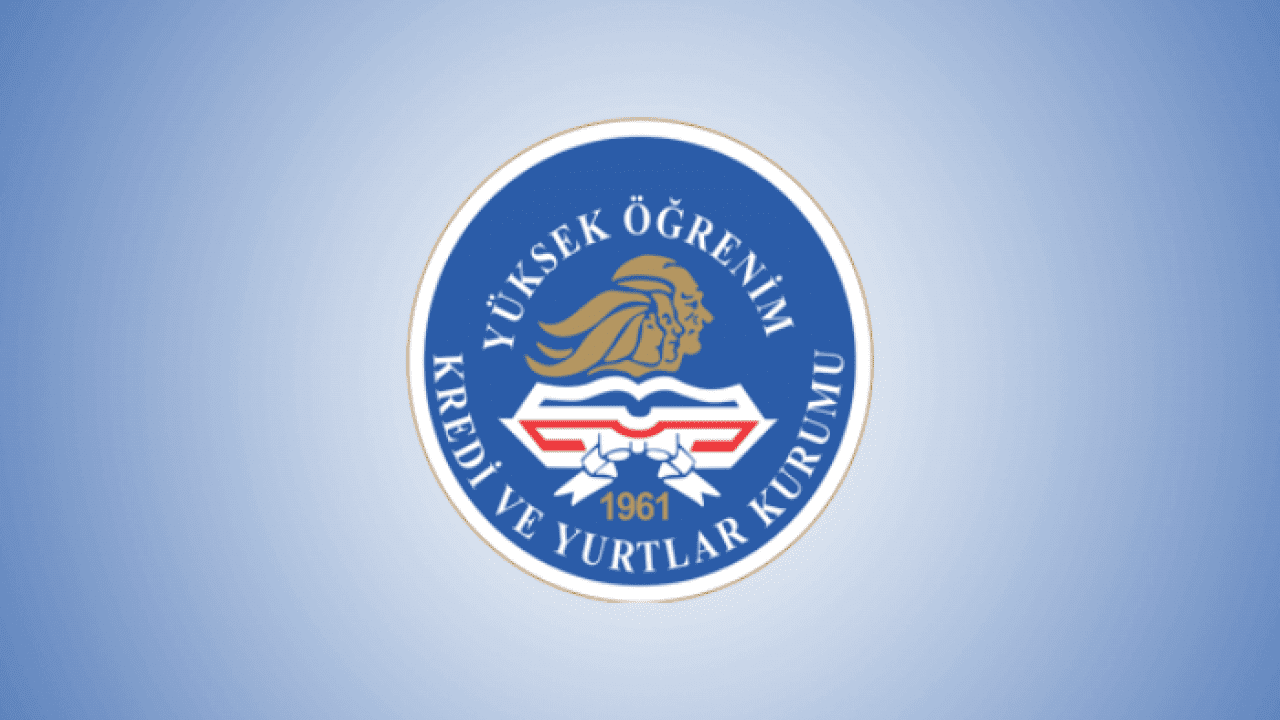Plan S – How scholarship is under threat
South African researchers could be priced out of the mainstream of global scholarship under new, expensive plans for open access publishing being considered by the government in Pretoria

28 Kasım 2019 - 10:17
South African researchers could be priced out of the mainstream of global scholarship under new, expensive plans for open access publishing being considered by the government in Pretoria.
The new framework would require authors rather than readers to pay for publication, and only those with deep pockets would be able to pay the article processing charges (APCs) levied by many of the most widely read journals.
The framework, called Plan S, which was launched last year by the European Union (EU) with the goal of making scholarly reports freely available to all, is being seriously considered by South Africa’s National Research Foundation and the government, according to Tandi Matsha, founder and lead researcher at the Cardiometabolic Health Research Unit at the Cape Peninsula University of Technology.
The author-pays model for open access proposed by the plan is already limiting the publishing prospects for South African scholars, according to Professor Robin Crewe, senior research fellow in the Centre for the Advancement of Scholarship, University of Pretoria.
“Even now individual scholars are not able to publish in their preferred journals because they can’t afford the article processing charges,” Crewe told a roundtable convened by the Academy of Science of South Africa (ASSAf) at Stellenbosch University in October.
“So, they are being forced to publish in journals they can afford. One of the effects of this is the marginalisation of authors from the [Global] South.”
Against local interests
Panellists at the roundtable, which was held to discuss the question: “Is scholarly publishing becoming unaffordable?”, expressed the fear that South Africa was sleepwalking into an arrangement between publishers and research institutions and funders, which it was unprepared to manage or properly fund, and which may harm the interests of its own scholars and learned societies.
“We are not concerned about Plan S because we don’t think it is going to affect us. Our heads are in the sand,” said Keyan Tomaselli, distinguished professor in the faculty of humanities at the University of Johannesburg.
However, the impacts of Plan S would be very real. For example, the new funding model proved more expensive when it was tested by Stellenbosch University library against current deals with two major journal publishers: Wiley and Taylor & Francis.
“For research-intensive universities, these new agreements are not going to be beneficial. We are going to pay more for the current subscriptions,” said Ellen Tise, senior director of library and information services at Stellenbosch University.
In addition, Tise argued, although institutions with low research outputs may benefit from the kinds of open access deals being promoted by Plan S, “it will not address the deep knowledge gap between developed and developing nations; and, at the end of the day, the big commercial publishers will continue to benefit”.
The problem, it was broadly agreed at the roundtable, was not the actual principle of open access, which is largely accepted by the academy in South Africa. The potential benefits of openness to scientific integrity and innovation in the public interest, as well as to the democratisation of the research cycle and regional development, have been widely acknowledged, including by the United Nations.
“The issue is not that we disagree that we want to do this, but rather the how-we-do-it issue,” said Tise.
Lack of support for open access
A lack of financial and policy-making commitment to the principle of open access from the national government in South Africa constitutes a major challenge in this regard.
“The Department of Higher Education and Training, which is the main funding agency for supporting research activities, encourages open access for research publications and the archiving of results. But it doesn’t put its money where its mouth is and support open access financially,” said Crewe.
Indeed, the National Research Foundation in South Africa announced a similar plan to that proposed by Europe’s Plan S several years ago, according to Tise. “But there was no system in place. It was not even a policy, just a statement.
“We are still waiting for the policy to mandate and force researchers to at least deposit their research in the institutional repositories.”
Such depositing constitutes a minimal form of open access, known as ‘green open access’ and falls far short of the kind of access envisaged as the standard under Plan S, which would require research to be made freely available in its published form immediately and in perpetuity.
Plan S, which is due to come into effect in 2021, was forged by a number of major international research funders, including from the philanthropic and international governance sectors, which came together with national research councils and the EU to create pressure to dismantle the paywalls erected by the main academic publishing houses.
‘Double-dipping’
However, instead of reducing costs, the approach that has been adopted by Plan S is liable to further enrich the big five academic publishers which dominate the industry – Reed-Elsevier, Taylor & Francis, Wiley-Blackwell, Springer and SAGE – by enabling ‘double-dipping’ practices under which big journals can both levy APCs and charge for reader subscriptions.
“In South Africa, we don’t qualify for the waivers available for researchers from low-income countries,” said Matsha. Given the uncertainty over the extent to which the APC costs of authors from countries outside Europe joining Plan S may be defrayed, the open access obligation imposed by the scheme could, Matsha calculated, cost the Department of Higher Education and Training billions of rands in publishing fees.
The proposed publishing regime was further criticised at the ASSAf roundtable for eroding academic freedoms; further dividing an already fractured global scholarly publishing community; and undermining scholarly societies and their high-quality journals.
“Plan S, which has been criticised for being forged without any consultation with researchers, scholarly societies or publishers, will disqualify 85% of existing society journals and divide the world into different research coalitions, effectively banning European authors from publishing in non-approved journals outside Europe,” said Tomaselli.
A ‘race to the bottom’
With paid-for ‘gold open access’ publication likely to become the norm under the plan, he gave warning of a race to the bottom, as rigorous quality-control standards for material will be sacrificed in the interests of profit.
“By smashing the traditional publishers with their added values of peer-review, libel checks, cross-referencing, copy editing, legal protections, ethical regimes, marketing, etc, further opportunities will be made available to the predators,” he said.
Tomaselli further predicted a hollowing out of the market for quality scholarship under the plan. “The cost of publishing, rather than the quality of the research, will decide where the research is published. Plan S may also lead to the demise of scholarly societies, especially those which rely heavily on their journals to produce income through their permissions, royalties and re-publication charges.”
For researchers, particularly those chasing limited funds, the creative commons form of copyright offered by Plan S, which affords no material recompense, may lead them to publish later rather than sooner, allowing them to exploit their intellectual property more exhaustively and also preventing other better-resourced peers from jumping on their intellectual bandwagon, said Matsha.
“The authors [always] want to join a club that is more impactful than the one they are currently in,” said Tise, noting that the new publishing models being proposed as part of the open access debate “had left authors and researchers confused”.
New models
“The model for Plan S is already in decline and there are moves to new models that are starting to appear,” Tise said, advocating the value of so-called “transformative” agreements, such as read-and-publish and publish-and-read deals which are being promoted by the South African National Library and Information Consortium as a sustainable solution in its negotiations with major commercial publishers.
“If we don’t look for a model that will fit our situation and the things we need to address, it is going to put at risk the global visibility of research for researchers from the South who cannot afford to participate,” she said.
ASSAf President Professor Jonathan Jansen reinforced the point. “Unless you understand that this intellectual, financial complex is embedded in a system of power and money, it is hard to come up with a fair and equitable solution,” he said.
In this regard, ASSAf has sought to promote ‘diamond’ open access, which means free-to-publish and free-to-read, through its in-house journal, the South African Journal of Science; its support for national scholarly editors’ and publishers’ forums; and its establishment and management of the open access SciELO SA database of journals.
The initiatives may be viewed as part of larger efforts to establish a collaborative, non-commercial, sustainable, non-subordinated system, which would take publishing out of the hands of the international firms and return it to the academy in the form of diamond open access – as has been advocated by the Latin American AmeliCA consortium.
Under such a system, Tomaselli said, the Department of Higher Education and Training would be obliged to require universities to invest in infrastructure and technology such as journals and editorial teams, or fund the journals directly itself. A more democratic model could also see researchers being paid for peer reviews, according to Matsha.
Mark Paterson is a senior journalist and communications consultant with a wide range of non-governmental, government and academic organisations.







YORUMLAR